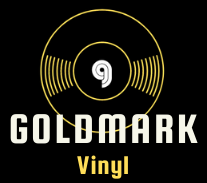Classic Rock
Top 40 New Wave Albums
“Get Happy!!” Elvis Costello, one of new wave’s most prominent personalities, once insisted on the cover of his 1980 album of the same name. It was a call to arms just as the decade turned.
It signaled a change – a turn toward something lighter. When the term “new wave” first arrived on the scene in the late ’70s, it was often used as a convenient catch-all description for a style of music that stood in stark contrast to the hot-blooded and hard-edged music of the punk-rock era. This new music was more buoyant, quirkier and artsy. Influenced less by ’70s blues and rock ‘n’ roll, and more by ’60s power-pop, new wave incorporated witty lyrics, electronic sounds and choppier tempos.
Given the genre’s breadth, most pop-rock bands of the late ’70s and early ’80s were labeled new wave at one point or another. Despite its range — or perhaps because of it — a sense of musical revolution came along with it.
“I actually think it’s just a lot of new bands coming out at once, a lot of new blood from people who weren’t in the business before and just coming out now,” Blondie guitarist Chris Stein said on the Australian television show Nightmoves in 1978, trying to explain his band’s music. “It’s making an impact and snowballing because it’s more than one band, it’s like a great amount of bands. That’s actually what new wave is.”
There’s no shortage of new wave music out there, but we’ve managed to narrow it down to the essentials in our list of the Top 40 New Wave Albums below.
Top 40 New Wave Albums
From the B-52’s to XTC, Blondie to Talking Heads, a look at the genre’s best LPs.

